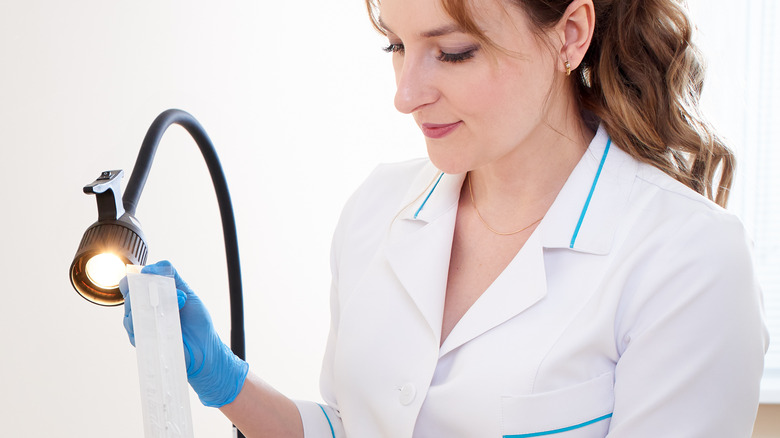Your doctor may recommend an infection screening if you are sexually active.
These tests may also help detect bacterial, viral, orfungal infectionsin those with weak immune systems.
These infections are often responsible for birth defects, warns theU.S.

National Library of Medicine.
Generally, health care professionals perform infection screening tests to detect or rule out STDs.
Here’s what you should expect during testing and why regular infection screenings are a must.

Some live on your skin and hair, while others are found in the gut and oral cavity.
Under certain circumstances, these microorganisms can cause illnesses and infections.
A good example is the fungus candida.

Normally, this microorganism lives in symbiosis with the host.
Certain factors, such as a weak immune system or antibiotic use, may cause candida overgrowth.
Infection screening can detect these problems before they escalate.
That’s why theCDCrecommends getting tested for gonorrhea, chlamydia, andother STDsregularly.
Anyone who has unprotected sex should get tested for HIV once a year or more often.
This common infection is due to an imbalance in the vaginal flora, explains theUniversity of Michigan Health.
Some women have no symptoms, while others may notice anincrease in vaginal discharge.
Chlamydia infection screening involves aurine test.
National Library of Medicinerecommends avoiding vaginal creams, douches, and antibiotics for 24 hours prior to the test.
Another option is to use at-home test kits for chlamydia and gonorrhea.
HIV testing requires a blood or saliva sample.
Syphilis, hepatitis B, and hepatitis C are usually diagnosed using blood tests.
Neurosyphilis and other STDs are more difficult to detect and may require a lumbar puncture, or spinal tap.
However, this test is not used for routine infection screening.